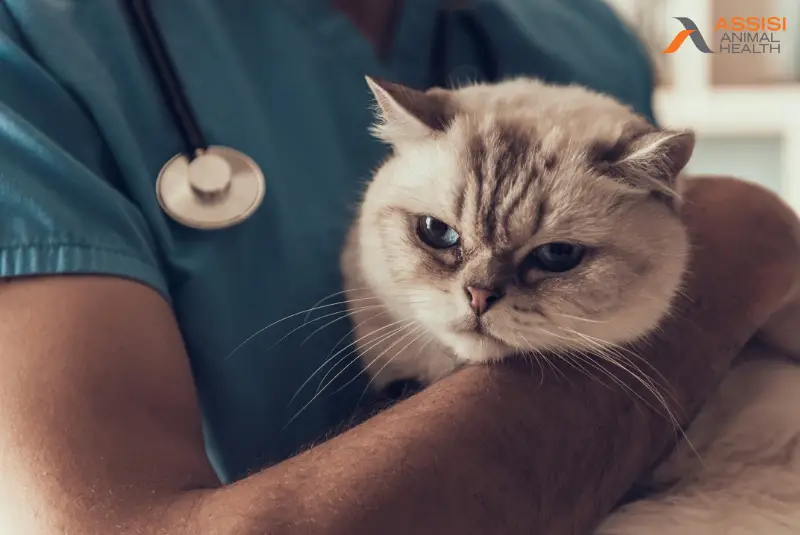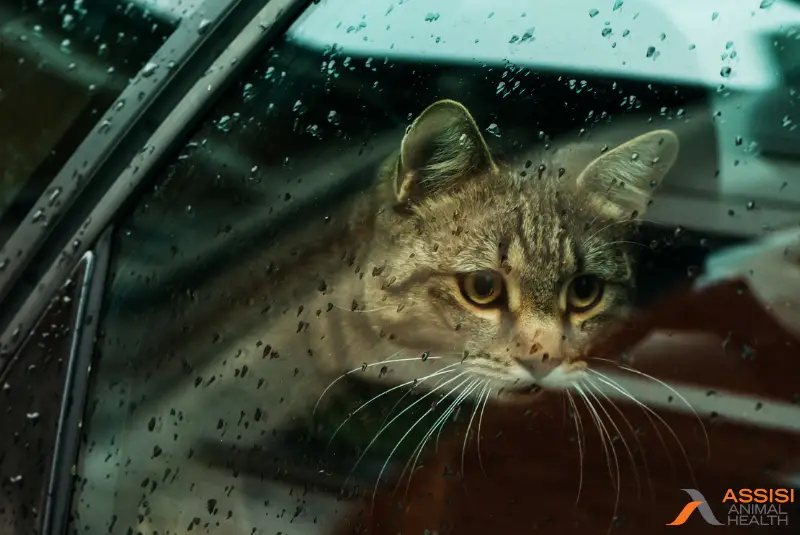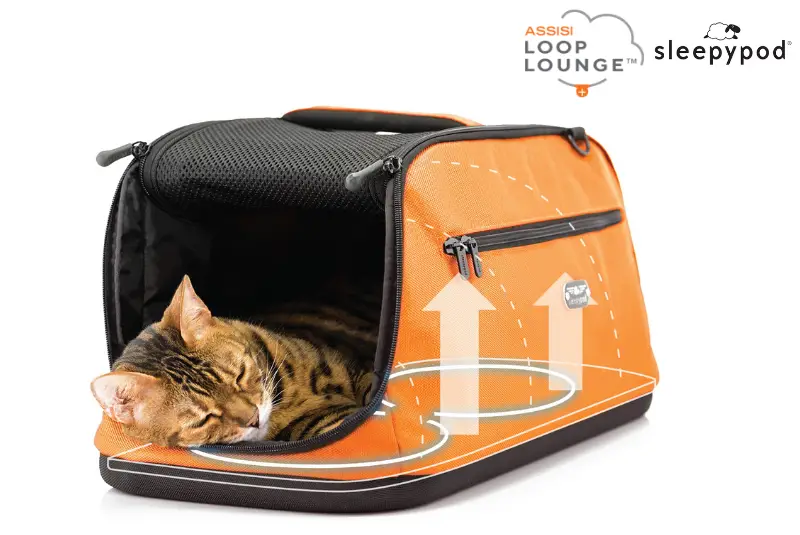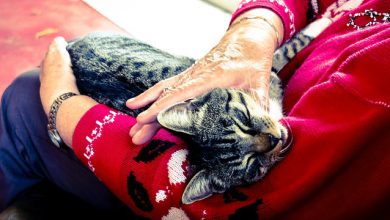
Looking back on 2018, aside from the good, it was also a year filled with natural disasters from coast to coast. Multiple floods, tornados, hurricanes, storms and perhaps most devastating the camp fires.

Cat lovers are a unique, wonderful and close knit community. We share our successes with each other (our failures too) on social media, so we all benefit from the experiences of our fellow cat lovers, be it new healthy foods, great litter, fun toys or important advances in feline health-related issues. We encourage everyone to keep sharing their experiences.
The words natural disaster should be coupled with the word “preparedness.” We ask each of you to think about how prepared you are to “move” on a moment’s notice. It is rare that disaster happens without some notice, but the time to think about it is NOT when the water is at your back doorstep, NOT when the trees are falling in your yard, NOT when you have waited so long that you and your pets cannot get out. Preparedness can happen well before a disaster, in fact it can be planned and stored for immediate use.

Looking back at the needs based on disasters this year, we thought it valuable to reflect on the following:
1. Keep your vaccines up to date, and know where proof of them exists. Start an envelope today into which you will put paperwork that might be needed if you have to flee over state lines, or go to a shelter or boarding kennel that requires proof of vaccines.
2. Get your feline micro chipped. In disasters, cats can hide if they are outside, or escape even from your own hands if they are nervous or just plain scared. They will run – it is always a good plan to have a way for them to get back home when they are found. Almost all vets and shelters have a universal chip reader.
3. Have a crate at the ready. If you have any notice that a disaster is oncoming, get the cat into the crate and avoid having to try and find him/her when the need to evacuate is on top of you. Have food, litter and meds in a small bag at the ready, or already in the car.

4. Make sure you have researched hotels that take animals, what is available in your community should the need arise, know some of the local guidelines and certainly know the escape route. These are all items that can be handled well in advance.
5. Leave a note on your door that you have evacuated, and taken your pets with you. This helps rescue workers to move on and help those who have not prepared!! And do not return to your property until you have been cleared to do so.
6. Being prepared allows you to make good decisions for yourself and your pets, because you are not making those decisions in crisis conditions, but have had time to think!
The outcomes from the most recent camp fires have been tough on our felines. The most common injury so far is burning and respiratory distress. Our thanks to the legions of vets, techs, and volunteers on site. The California Veterinary Medical Foundation has been organizing visiting vets and animal care. The North Valley Animal Disaster Group has been on site, and still is, working with Butte County and partnering with other animal groups to accommodate all animals in distress.
Among the many who have assisted are our friends at Assisi Animal Health who have dispatched funds to California, product to vet clinics who have reached out for help, and their new Loop Lounge to clinics to assist in wound healing and burn recovery. There is still so much more to do, and the recovery ahead is long-term.
Let’s be prepared for ourselves, for our animals, and for our communities. It’s a great way to begin 2019.



